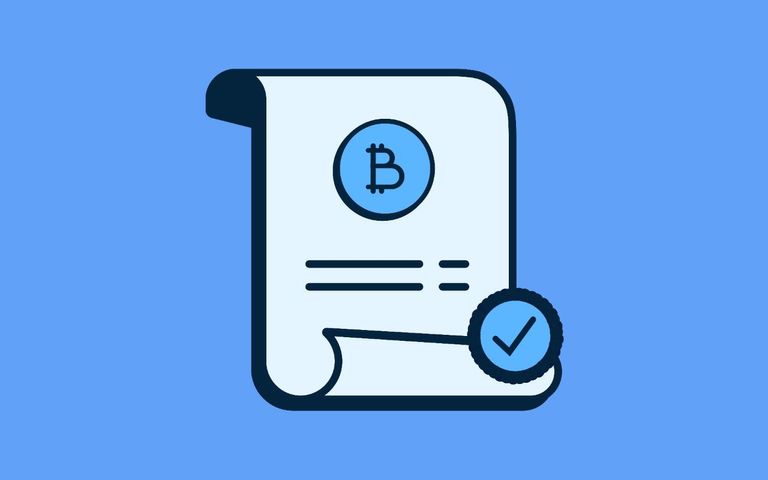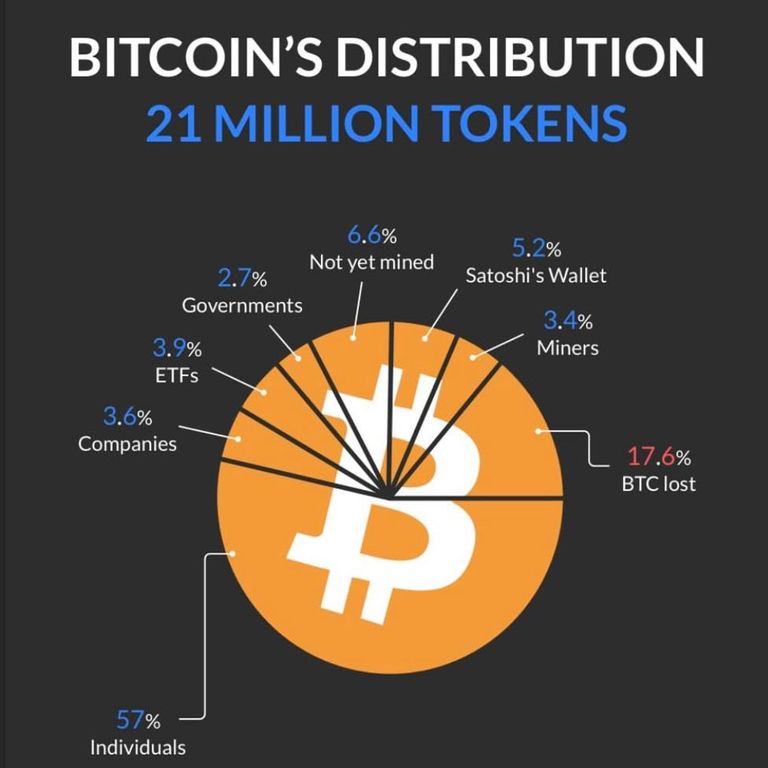Public Key Infrastructure: The Backbone of Digital Trust

Public Key Infrastructure (PKI) is the foundation of secure communication and transactions in our digital age.
Using a pair of cryptographic keys one public and one private—PKI ensures data encryption, secure authentication, and digital signatures.
The public key is shared openly, while the private key remains confidential to its owner, making interactions both secure and trustworthy.
Digital certificates are at the heart of PKI. These certificates, issued by trusted Certificate Authorities (CAs), verify the identities of key holders and prevent fraud.
For example, when you log into online banking, PKI ensures you’re securely connected to your bank not an imposter using the bank’s verified digital certificate.
In crypto trading, PKI is a game-changer. It secures transactions, authenticates users, and safeguards data, providing essential protection in decentralized ecosystems.
Digital signatures created with PKI also guarantee the integrity of transactions, fostering trust in an industry where security is paramount.
PKI isn’t just about encryption; it’s about building confidence in digital interactions.
Protect your assets and transactions with robust solutions like PKI to stay ahead in the evolving crypto landscape.
⚛️ A lot has been written about quantum computing recently, after Google made a major breakthrough.

People have been asking whether crypto will no longer be secure once QC is a reality.
Fortunately, there is a long way to go before that, and plenty of time to prepare.
If QC really did threaten crypto’s security, it would be possible to switch to a quantum-resistant algorithm, as Satoshi described.
We’d have much bigger problems to worry about, though.
The security of the entire internet (including your online banking passwords) would be compromised too.
📲 Mobile now accounts for over 50% of all gaming, which shows incredible growth in recent years.

Mobile now generates over $100 billion in gaming revenues every year.
Not so long ago, mobile was a tiny slice of the gaming market, which was dominated by desktops and consoles.
And the trajectory is still upwards – mobile has room to grow.
This is one of the reasons why I’m so bullish on mobile Telegram apps, like Time Farm and the games in its ecosystem.
🤯 Michael Saylor now owns 439,000 BTC, more than the official reserves of both China and the US combined.

That’s not just an investment. It’s a power move, cementing Saylor as one of the top dogs in crypto.
But wait—doesn’t it feel a bit... off? Bitcoin was supposed to be decentralized, free from government or corporate control.
Yet here’s Saylor, holding a chunk so massive it could give anyone a bit of a power trip.
Is he the guardian of crypto’s future or just another "centralized" figure we were trying to avoid?
😵💫 17.6% of all Bitcoin is lost forever. Yep, that’s around 3.7 million BTC.

Every year, hundreds of thousands of dollars vanish due to forgotten keys, lost devices, and, let’s face it, sheer laziness when it comes to security.
These missing coins are a loud reminder: the true value of cryptocurrency is in the responsibility of the owner.
There are no second chances to recover lost access with Bitcoin. It’s both its biggest flaw and greatest strength—a constant reminder that ownership freedom comes with discipline and education.
PS: You can read my other related crypto post below
1.MATRIPORT predicts $160k Bitcoin by 2025
2.Tesla shares hot a new all time high since 2021
3.one trader turn $2500 into $200000
4.doge t-shirt from trump are now on sale
5.fart coin blast to new heights
7.uptitwise predicts a bullish 2025 for crypto
9.Crypto Trading and it's impact on investors
10.Bitcoin will recovery above 100k experts weigh in
11.micro strategy boosts Bitcoin holding
Watch the video below
Re🤬eD
🥓